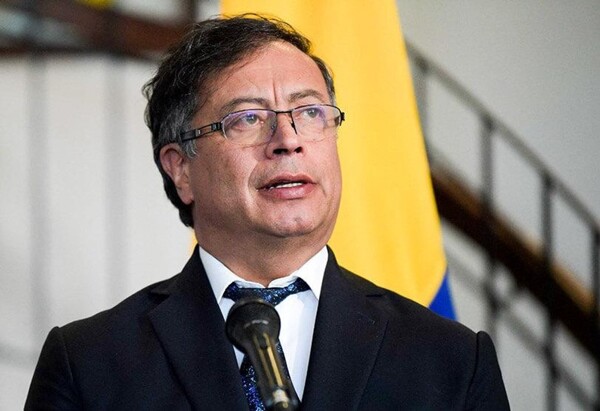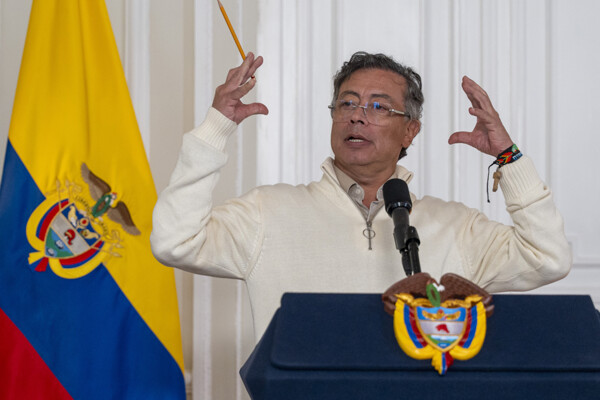The President of Colombia, Gustavo Petro, announced that his government will not sign new contracts for the exploration and exploitation of oil, as he believes this causes death. During his participation in the XXII Ibero-American Conference of Labor Ministers in Bogotá, Petro expressed his stance firmly, highlighting the long-term consequences of such agreements.
In an event where Spain was the invited country, the Colombian president emphasized his commitment to environmental protection and his opposition to economies based on resource extraction and fossil fuels, which he blames for leading humanity towards extinction.
In response to Petro's statements, the academic and former Minister of Trade and Finance, José Manuel Restrepo, warned about the economic implications of not signing new contracts for gas and oil exploration in Colombia. According to Restrepo, this decision could represent an economic suicide for the country, as it could jeopardize key indicators such as GDP, tax revenue, foreign direct investment, exports, and royalties that finance important social and productive projects in Colombian regions.
Former Minister Restrepo stressed the importance of finding an orderly and responsible energy transition that considers viable alternatives in the short and medium term, without compromising the economic and fiscal sustainability of Colombia and its regions. Despite the economic relevance of the oil industry in the country, Restrepo highlighted the need to rethink energy development models to ensure a sustainable future for future generations.















